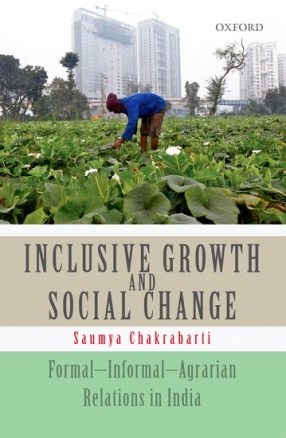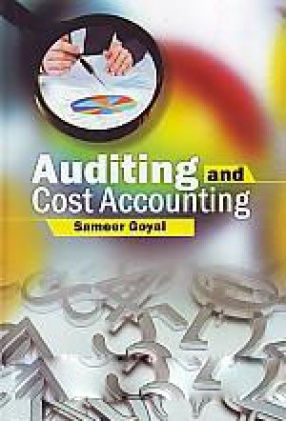Has the Indian economy realized its oft-stated goal of inclusive growth? Did the rapid progress made after liberalization help improve income levels of the most vulnerable households in the country? Can the economy succeed in establishing complementary linkages between the formal and informal sectors so that the growth of the former enables the latter? What can be the role of agriculture in this context? This book addresses such debates, and posits that, despite the consistently high growth rate driven by the formal sector, informality exists without substantial improvement in its basic economic conditions. It explores the conflicts and complementarities between both segments of the economy arguing that these interactions lead to a distorted structure of capitalism. With in-depth theoretical foundations and empirical analysis, the book interrogates the paradigm of ‘growth’ being ‘inclusive’, proposing that only a comprehensive structural change can resolve the challenges of the informal sector.
Contents: Preface. 1. Introduction: Changing contours of development economics. Part I: Agriculture-Industry Relations. 2. Models of agriculture-industry relation. 3. Models of formal-Informal dichotomy: revisiting agriculture-industry relation. Part II: Formal-Informal-Agriculture Relations in India. 4. Rural-urban dichotomy within the informal sector. 5. Tortuous transition or persistence of misery? Part III: Models of Formal-Informal-Agriculture Relations. 6. Short-run conflicts and complementarities. 7. The long-run problem of transition. Part IV: Perspectives. 8. Formal–Informal interlinkages in a resource-constrained economy: a study on India (contributed by Anirban Kundu). 9. Informal services and the issue of inclusive growth: A study on India (contributed by Kasturi Sadhu). 10. Political economy of (non-)transition: The Indian Informal Sector. Appendices. References. Index.





There are no reviews yet.